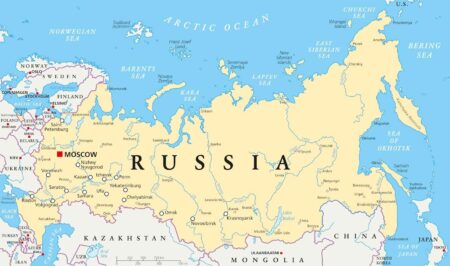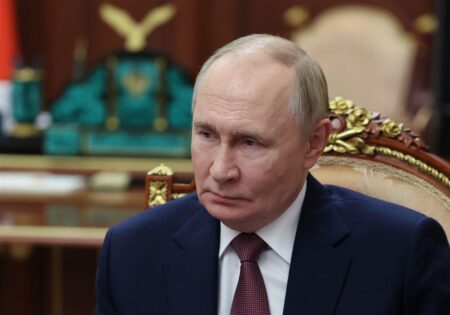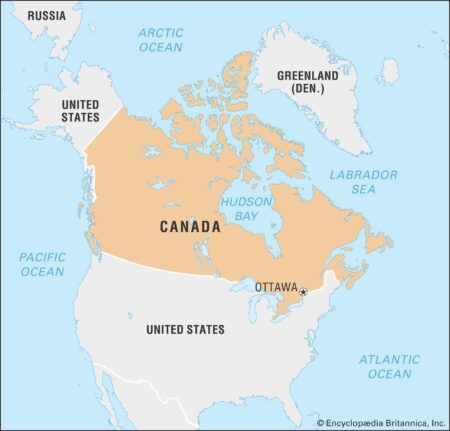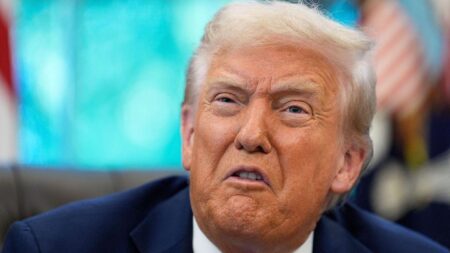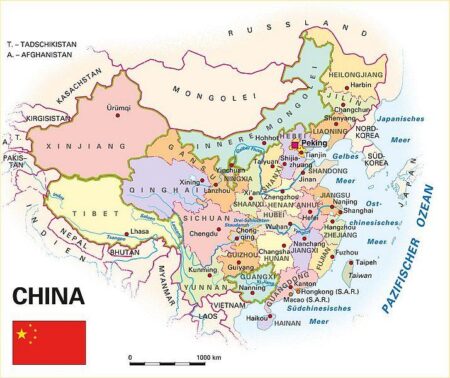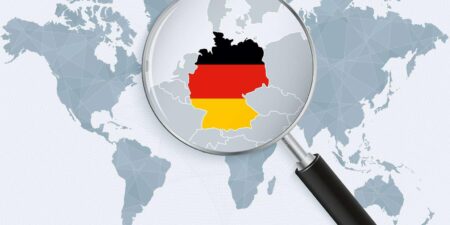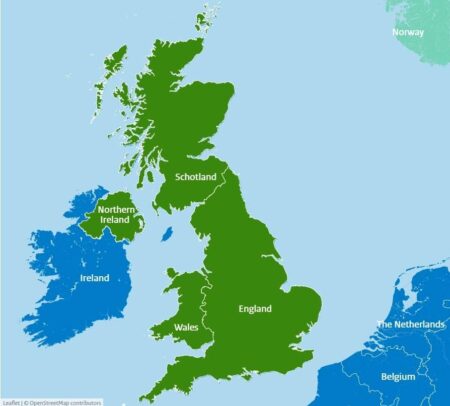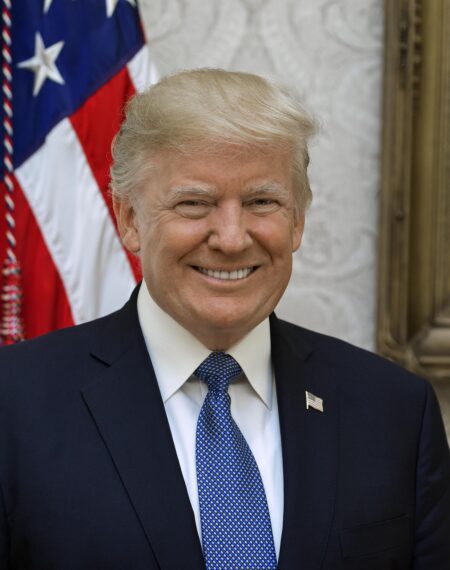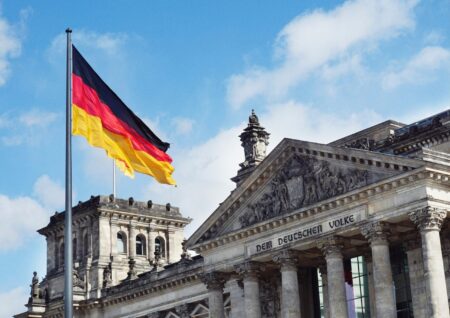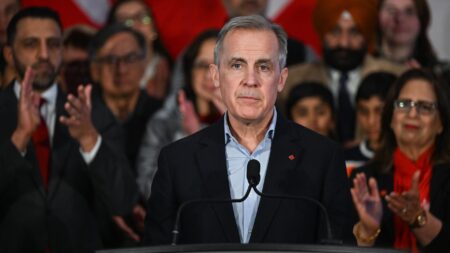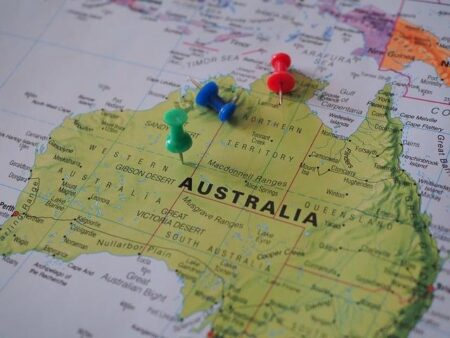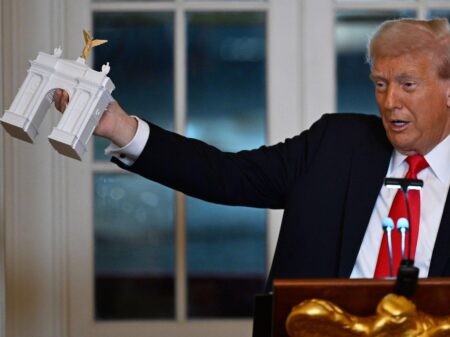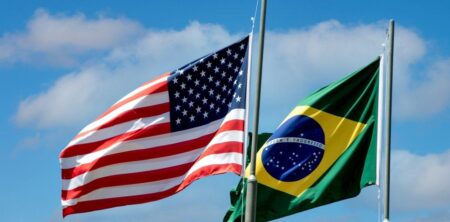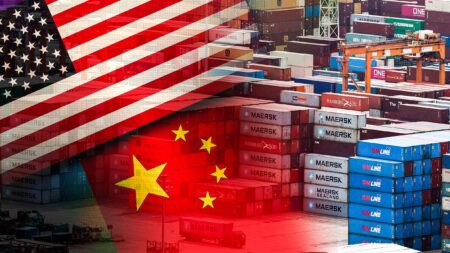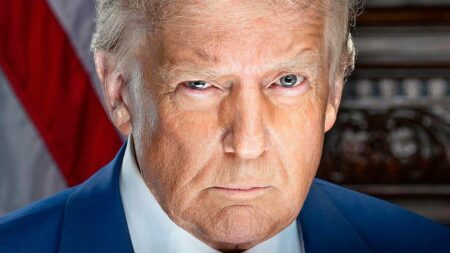Russia has confirmed that preparations for the eagerly awaited Putin-Trump summit are in full swing, Reuters reports. Officials reveal that both the agenda and logistics are being carefully finalized as the much-anticipated talks draw near
Browsing: Diplomacy
Japan’s ongoing challenges with foreign residents highlight profound issues of integration, labor shortages, and cultural barriers. The Diplomat explores how these intricate dynamics are sparking a significant shift in Japan’s immigration policies
The much-anticipated Trump-Putin summit has been abruptly canceled after Russia rejected a U.S. call for a ceasefire. This unexpected turn highlights the escalating tensions between the two nations, dimming hopes for diplomatic breakthroughs
Canada’s government, through spokesman Carney, boldly announced it will arrest Israeli Prime Minister Netanyahu if he steps foot in the country, citing the International Criminal Court’s arrest warrant-underscoring Ottawa’s unwavering commitment to enforcing international law
Former President Trump’s plan to inject financial aid into Argentina aimed to jumpstart its struggling economy but ignited controversy, straining diplomatic ties and sparking intense debate over the real intentions behind the U.S. initiative, The New York Times reports
China has accused the US of orchestrating a cyberattack on its National Time Service Center, alleging unauthorized access and significant disruption. The US has yet to respond, fueling escalating tensions between the two nations
Germany has urgently recalled its ambassador to Georgia for critical consultations, underscoring rising diplomatic tensions. This move signals growing concerns over the heated political conflicts between the two nations, reports AzerNews
The United Kingdom of Great Britain and Northern Ireland boldly reaffirmed its commitment to global unity at the United Nations, passionately championing peace, sustainability, and human rights in its powerful address to the Assembly
U.S. and Brazilian officials joined forces to strengthen their partnership, focusing on trade, climate action, and regional security. These vibrant discussions showcase the powerful and enduring collaboration between the two nations, as highlighted by the U.S. Department of State
Former President Donald Trump and Ukrainian President Volodymyr Zelenskyy joined forces to explore new paths toward resolving the ongoing Ukraine-Russia conflict, signaling a promising breakthrough in diplomatic efforts, FOX 32 Chicago reports
Germany is poised to play a thoughtful yet proactive role in shaping Gaza’s future, focusing on delivering vital humanitarian aid and driving diplomatic efforts amid the ongoing conflict. Berlin remains dedicated to promoting stability and offering enduring support for the region
The U.S. Department of State’s 2024 Country Reports on Human Rights Practices casts a powerful spotlight on key issues in France, highlighting everything from freedom of expression and labor rights to the urgent challenges confronting migrants and minority communities
Former Bank of Canada Governor Mark Carney is spearheading a bold effort to rejuvenate Canada-China relations, advocating for a diplomatic reset that could unlock exciting new economic opportunities and deepen cooperation-just as geopolitical tensions escalate, The Globe and Mail reports
Australia is turning up the heat to counter China’s growing influence in the Indo-Pacific, unveiling a bold new strategic plan that boosts defense spending and deepens ties with regional allies-signaling a powerful shift in Canberra’s foreign policy
Former President Donald Trump is making a daring move by betting on Argentina’s economic revival, eagerly pursuing investment opportunities amid the country’s volatile market and soaring inflation, Financial Times reports
India has strongly dismissed former President Trump’s claim that it has increased Russian oil imports despite sanctions. Officials emphasized their unwavering commitment to global regulations, directly confronting these recent accusations
The US and Brazil are keen to arrange a meeting between President Joe Biden and President Luiz Inácio Lula da Silva as soon as possible, signaling a powerful drive to strengthen their diplomatic ties, Reuters reports
Amid rising tensions, China and the U.S. have ramped up tariff threats and tightened trade controls, igniting a high-stakes battle that could reshape global markets and redefine international relations
Former President Donald Trump claims that India has made a major concession in its Russian oil purchases, suggesting a potential shift in economic ties amid the ongoing geopolitical tensions, according to Newsweek
Germany’s top diplomat is preparing for a crucial visit to TĂĽrkiye, aiming to strengthen bonds focused on trade and security. This journey underscores the growing partnership as both countries tackle regional challenges together, TRT World reports

